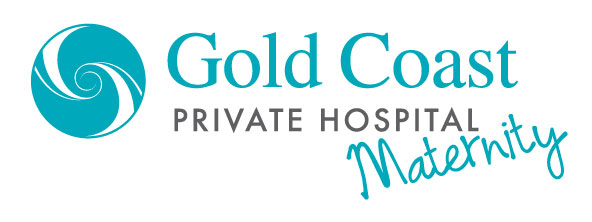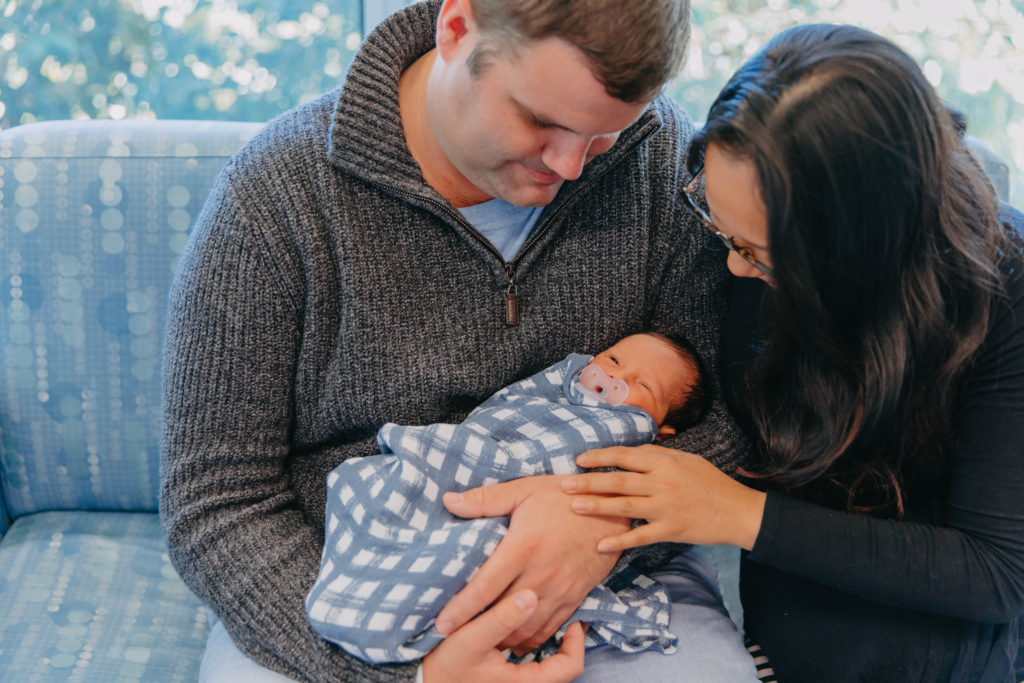Having a baby is likely to be one of the most exciting and challenging experiences of your life, filled with emotions spanning the spectrum of joy, exhilaration and wonder, through to times of stress, uncertainty and anxiety.
As a woman, it can feel like everything is in a state of flux: your body, your priorities, your career, your social life and even your emotions. While your physical health during pregnancy is often closely monitored at medical appointments and routine check-ups, it is imperative that you pay just as close attention to your emotional health during this transformational time for you and your growing family.
What is emotional health?
Emotional health is the ability to understand and respond to emotional experiences by identifying, using and managing emotions in a positive way. Emotional health is not the absence of negative feelings or ‘being happy’ all the time; it is about being at ease with the full range of your emotions from the highs to the lows, in order to process and deal with the changes happening in your life appropriately.
A core focus of emotional health is resilience. People who are resilient experience the same disappointments, frustrations and loss as anyone else, however they are better able to bounce back by employing healthy coping mechanisms and a positive outlook in the face of adversity.
Why is emotional health so important during pregnancy?
Emotional health is an essential component throughout all stages of life, however it is even more vital during pregnancy and early parenthood when parents may be more susceptible to stress.
Pregnancy and new parenthood is a time of great joy compounded by intense pressure due to the changes happening in your life and the demands of a newborn. Newborns require you to develop new skills spontaneously and constantly adapt to changing circumstances, often in the face of sleepless nights and a crying baby.
It is normal to feel overwhelmed as you navigate these ongoing changes, however by maintaining a balanced outlook and focusing on your emotional wellbeing you will be better placed to manage periods of frustration, nurture positive relationships and enjoy countless magical moments with your new baby.
Is it normal to experience depression and anxiety?
Depression and anxiety are common during pregnancy and in the first year after a baby is born. A significant number of women will be affected by depression during pregnancy (10%) and/or after their baby is born (16%) (Beyond Blue 2020).
No one experiences the same path to parenthood; for some people there may appear to be no bumps in the road while others face a range of challenges along the way.
It is important to remember you are not alone, and there is always someone you can talk to when you are feeling overwhelmed: your partner, family, friends, healthcare professional, mental health specialist or free services such as:
13 HEALTH—phone 13 HEALTH (13 43 25 84) to speak to a child health nurse. The service is available 24 hours a day, 7 days a week for the cost of a local call.
Pregnancy, Birth and Baby Helpline—phone 1800 882 436 to speak with a trained counsellor. The service is free (charges may apply from your mobile).
Post and Antenatal Depression Association (PANDA)—contact PANDA on 1300 726 306 if you or your partner are feeling depressed or anxious during your pregnancy. This confidential service is available from Monday to Friday, 9am–7pm.
MensLine Australia—phone 1300 789 978 if you’re male and have family and relationship concerns. The helpline is available 24 hours a day.
Lifeline—phone 13 11 14 (24 hours a day) if you are experiencing a personal crisis.
Breastfeeding Helpline: 1800 686 268 for advice from trained counsellors.
Parentline: 1300 30 1300 for advice and counselling about any issue that affects you as a parent.
Tips for maintaining emotional health during pregnancy
A number of strategies are advised for women to reduce the risk factors for developing antenatal or postnatal depression and anxiety disorders. These include:
- Discussing expectations of pregnancy and parenthood
- Avoiding upheavals such as changing jobs, moving house or renovations
- Seeking help for any untreated emotional and mental health conditions such as anxiety
- Establishing a relationship with a health professional
Other more general tips to maintain your emotional health along your journey to parenthood are:
- Be prepared! Read parenting books, listen to advice from other parents and focus on what you think may be useful. Also think about who you can rely on and trust to be part of your support network
- Get enough rest during your pregnancy
- Eat healthy foods to maintain your energy levels and a positive mood
- Get a good dose of sunlight by taking a walk, daily if possible. Sunshine and exercise are both powerful antidotes to stress and anxiety
- Know the signs of when you are approaching your limit. Talk to your partner, family or health care provider if you feel things are getting beyond your ability to cope, and always ask for help when you need it
Overall, if you are feeling you need support don’t struggle on your own there are a lot of great organisations out there that can assist.



